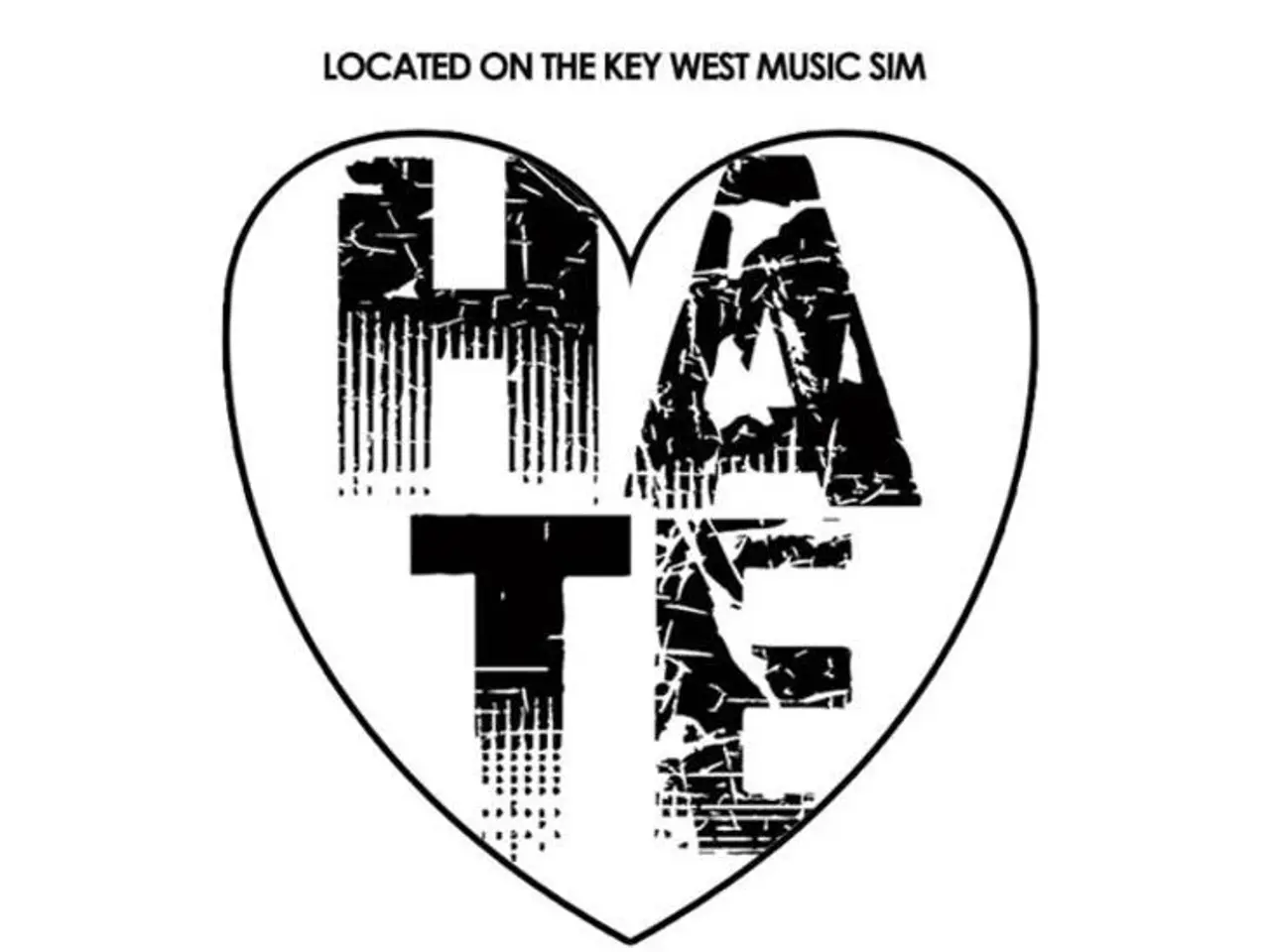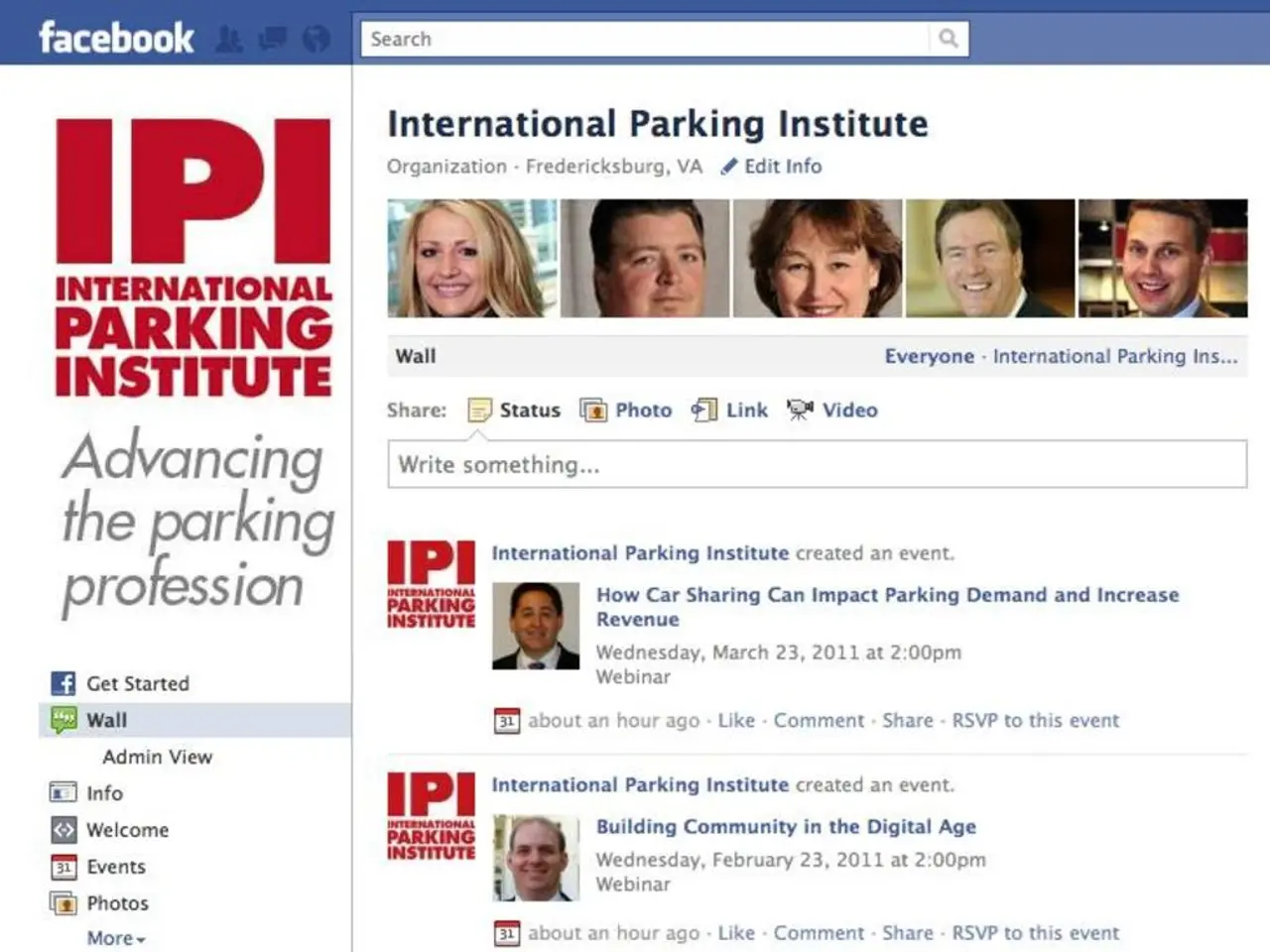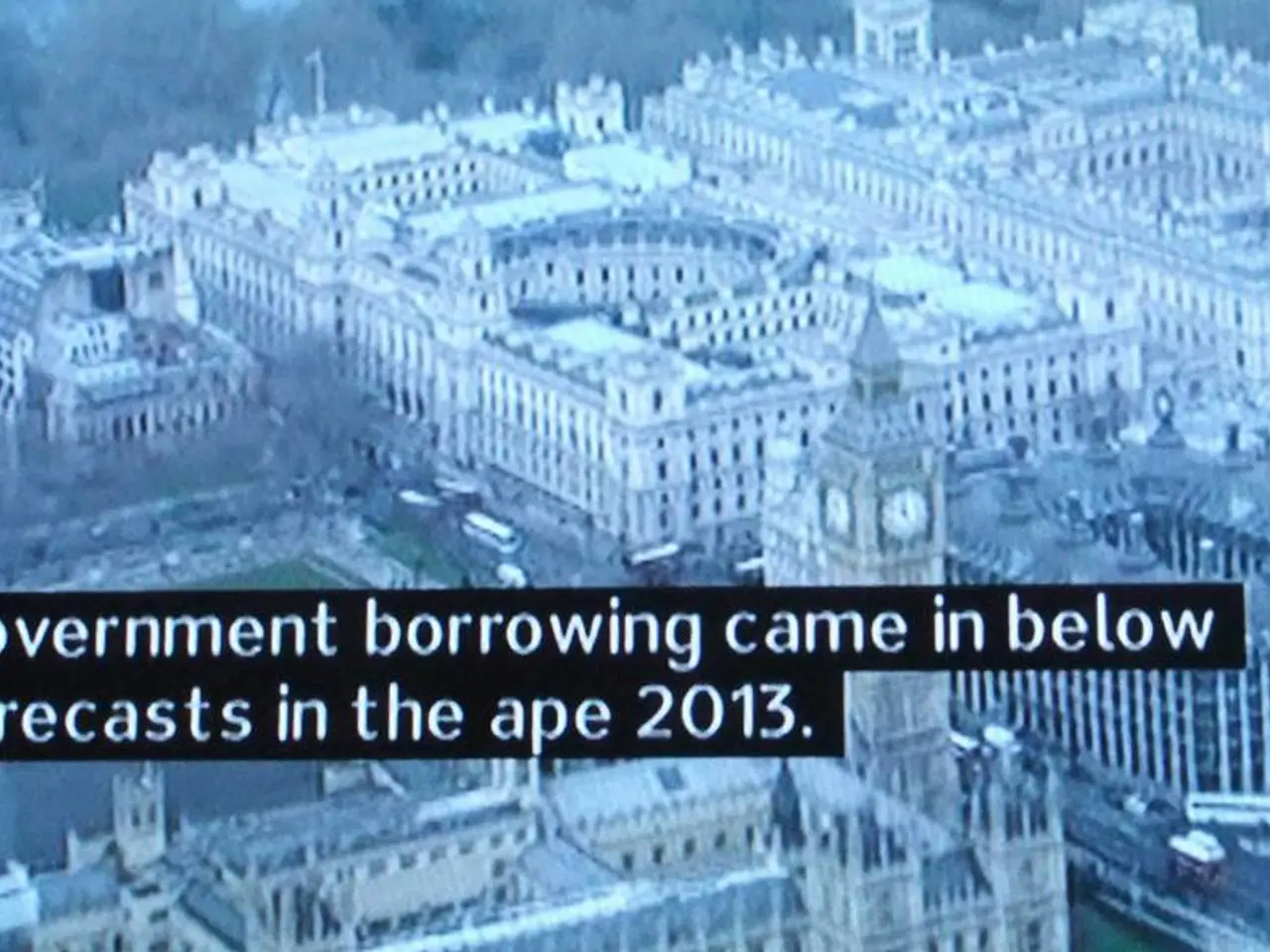Cracking Down on Online Hate Speech: Germany's Fight Against Cyber Incitement
Online Enforcement Actions: 60 Digital Investigations on Alleged Internet Instigation
In a nationwide quest to tackle hate and divisive rhetoric online, law enforcement agencies have orchestrated dozens of crackdowns across the country. The Federal Criminal Police Office (BKA) revealed that these actions were part of over 140 investigations involving approximately 65 search warrants and numerous suspect interrogations [1][2]. These offensive online expressions often target politicians, use symbols from unconstitutional and extremist groups, or encourage criminal behavior [1].
Holding "Digital Arsonists" Responsible
North Rhine-Westphalia's Interior Minister Herbert Reul (CDU) emphasized that those who hide behind their digital devices to incite hatred and fear cannot evade accountability. Minister Reul commented, "Many people have forgotten the difference between hate and opinion" [1]. One Such investigation in NRW involves a suspect who allegedly posted a statement on X (formerly Twitter): "Heil Hitler!! Once again. We are German and a successful nation. Male foreigners out" [1].
The Accelerating Tide of Hate Speech
The nationwide action day, in its twelfth iteration, has witnessed a significant increase in the number of reported cases in recent years. The BKA has documented a steep climb in the number of known police cases, which more than quadrupled from 2021 to 2024, amounting to approximately 10,700 incidents in 2024 alone, representing a 34% rise from the previous year [1][2][4].
The Need for a Digital Violence Protection Act
Due to the increasing complexity of enforcing the law in the digital realm, the black-red coalition has set out to establish a Digital Violence Protection Act. The proposed legislation aims to bolster the legal standing of those affected by online hate speech, allowing for the swift blocking of anonymous accounts with criminal content [1]. Platforms are also expected to provide interfaces to enable law enforcement agencies to retrieve relevant data [1].
Platforms' Responsibility and Criticism
Despite the efforts of organizations like "Respect!," platforms seem to overlook hints and reports of hate speech insidiously [1]. HateAid, another organization, criticized the platforms like X or Facebook for their reluctance to address the issue [1].
Digital Violence's Widespread Impact
Digital violence has a far-reaching impact on various sectors of society, with young people and young adults facing hate and divisive speech almost daily online [1]. While awareness of the problem has grown, it's essential to deal with digital violence more proactively to prevent potential escalation into physical confrontations [1].
According to non-profit organization HateAid, reports of severe cases related to lasting damage to reputation, depression or anxiety disorders, and forced relocation are becoming increasingly common [1].
The Road Ahead
Since 2025, no specific new amendments to the Digital Violence Protection Act have been officially revealed. However, with a growing emphasis on effective enforcement, user-friendly reporting portals, and the legal interpretation of online content, it's evident that authorities aim to strengthen the Act's impact and respond more rapidly and decisively to digital hate crimes [1][2][4].
In line with the Digital Violence Protection Act proposal, the black-red coalition seeks to enhance protections for individuals affected by online hate speech, particularly in sectors such as politics and general news, where hate speech is prevalent [1]. Various platforms are under criticism for overlooking hints and reports of hate speech, contributing to the rise in crime-and-justice cases [1].





